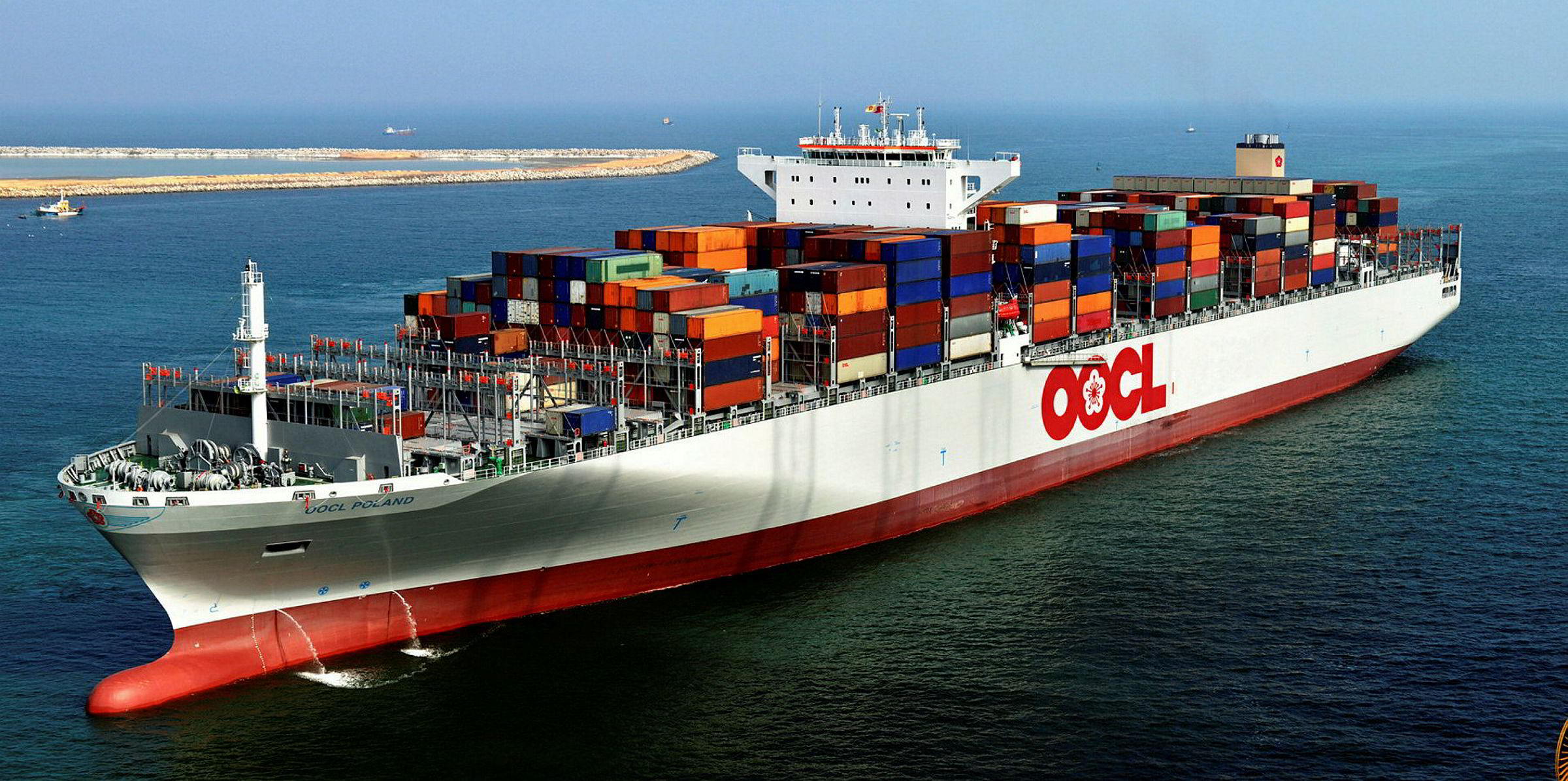OOIL’s recognised strengths are expected to help the Hong Kong liner company overcome any current market turbulence, according to a leading industry analyst.
“We believe its core strategy and cost leadership should drive superior operating efficiencies and returns,” said Bloomberg senior transport industry analyst Rahul Kapoor.
“Debt management, prioritizing low leverage and healthy cash balances will likely give the company sufficient financial flexibility to navigate rough patches.”
Kapoor says OOIL’s industry-leading return ratios such as return on equity could continue to improve as profits become more sustainable.
“OOIL in our view should consistently outperform most of its peers in the industry on return on equity, return on assets and operating margins,” he said.
“Even as the company remains exposed to inherent weakness in the markets such as persistently low freight rates and subdued container demand, its core strategy focused on yield management and lower interest expense due to reduced leverage promotes healthy returns.”
Kapoor said OOIL’s returns have “significantly outperformed” the industry average over the past decade and outperformance increased in recent years when peers were battered by a depressed container-shipping market.
The Singapore-based analyst said OOIL will maintain its strong focus on low financial leverage, channeling higher profit into paring its already low debt burden.
“Despite ownership change to Cosco Shipping, we believe management’s conservative approach to leverage should continue to give the company the strongest balance sheet in the container shipping industry,” said Kapoor.
However, he says the key risk is new ship orders to boost capacity which would increase OOIL’s debt burden even as its balance sheet is able to handle the capital outlay.
“OOIL’s leverage ratios remain superior to industry peers, with net gearing below 50% for much of the past decade,” he said.
“Net debt was 32% of total capital in fiscal 2018, less than the five-year average of over 47% for its container-shipping peer group.”
Looking ahead, Kapoor said OOIL should be able to control costs as it achieves greater economies of scale from completed deliveries of its 21,000-teu vessels.
“While giving OOIL one of the industry’s youngest fleets, the vessels will also help spread high fixed costs over a larger asset base, boosting operating margin and promoting efficiency,” he said.
“Operating larger and more fuel-efficient vessels should also lead to operating cost-savings.
“OOIL’s financial performance is already showing results with operating costs per teu increasing just 1% in 2018, while volumes gained 6% from a year earlier.
“We expect per-unit expenses such as cargo, vessel and voyage costs to stay under control in 2019, boosting financial performance and aiding margin development,” he added.






